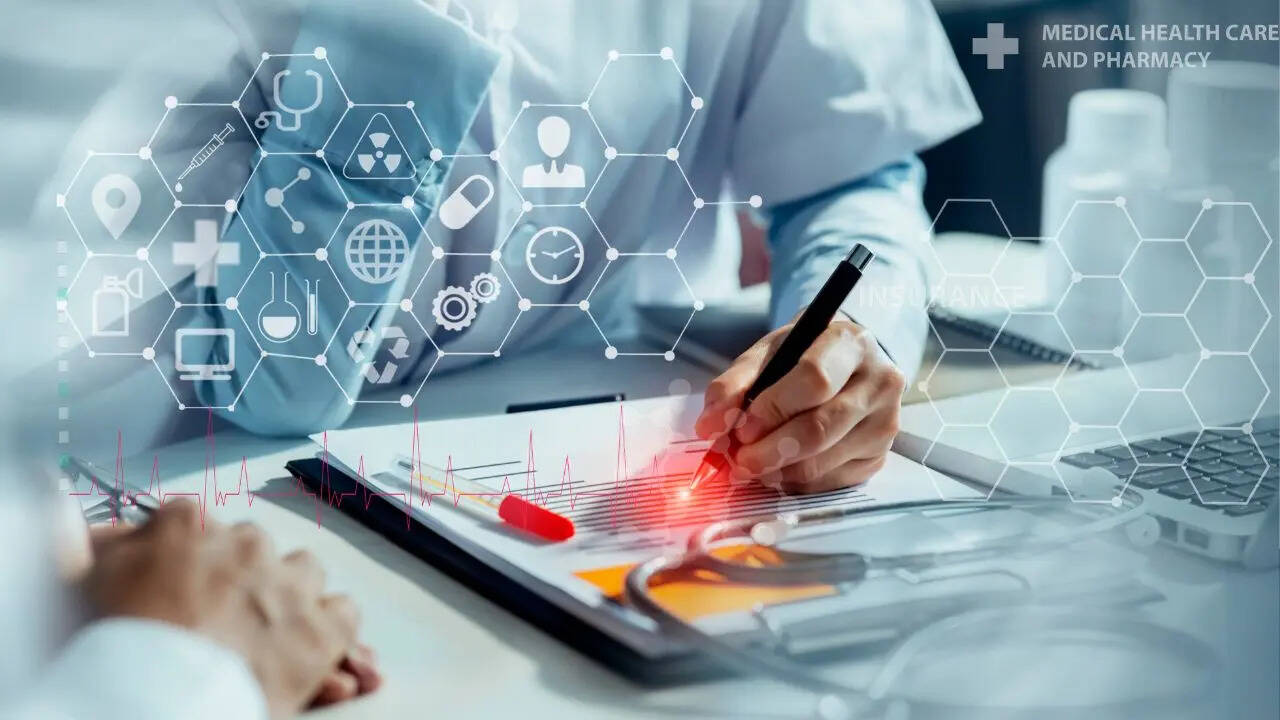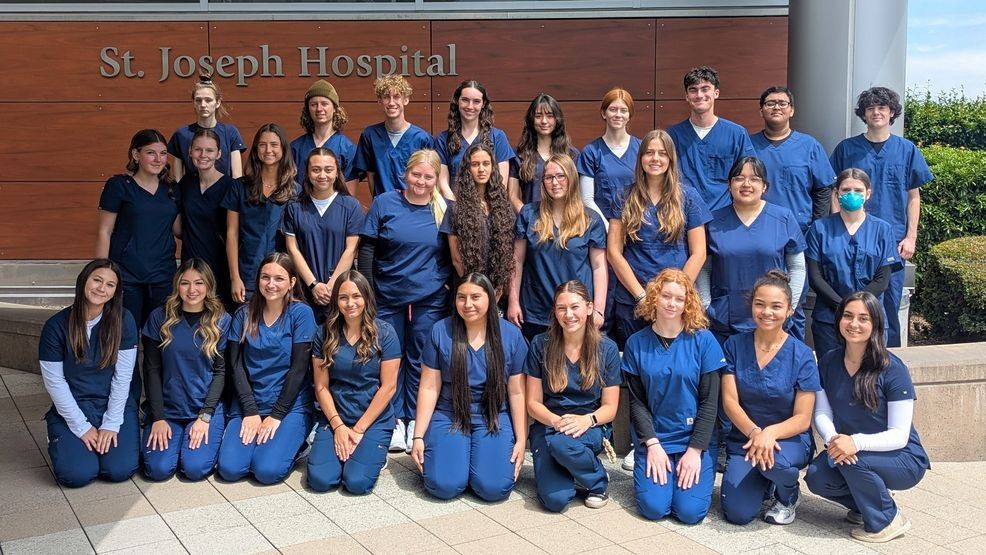Summary
Healthcare product development is undergoing a major transformation, driven by technologies like AI, ML, and IoMT. These tools are accelerating innovation, improving diagnostic accuracy, and enabling real-time patient monitoring.
Source: Times Now

AI News Q&A (Free Content)
Q1: How is AI transforming the landscape of healthcare product development?
A1: AI is revolutionizing healthcare product development by enhancing the speed and accuracy of diagnostics and enabling real-time patient monitoring. It facilitates personalized treatment plans, improves drug discovery processes, and offers predictive analytics for better decision-making in clinical settings. The integration of AI in healthcare is also reducing costs and expanding access to quality medical care.
Q2: What are the challenges faced in translating AI innovations into clinical settings?
A2: A major challenge in translating AI innovations into clinical settings is the lack of clinically validated products despite numerous exploratory results. This is often due to issues in precision medicine, reproducibility, data handling, and algorithmic development. Addressing these challenges requires a focus on clinical validation, regulatory affairs, and a robust data strategy to ensure that AI tools can be effectively integrated into healthcare environments.
Q3: How does the use of AI in pharmacy enhance patient care?
A3: AI in pharmacy enhances patient care through personalized treatment plans and assisting with drug safety and dosage recommendations. It aids in the discovery and development of medications, ensuring that patients receive the most effective therapies. AI-driven tools also support pharmacists in making informed decisions, ultimately leading to improved patient outcomes.
Q4: What role does Explainable AI (XAI) play in healthcare, and what are the concerns of clinicians?
A4: Explainable AI (XAI) plays a crucial role in healthcare by making AI tools more transparent and understandable for clinicians. However, clinicians express concerns about how these tools will fit into their workflow and impact clinician-patient relations. Training clinicians on AI and ensuring that AI tools align with clinical needs are essential for the successful adoption of AI in healthcare.
Q5: What framework is proposed for AI-driven biomedical product development in healthcare?
A5: A decision perspective framework is proposed for AI-driven biomedical product development in healthcare, focusing on clinical validation, regulatory affairs, data strategy, and algorithmic development. This framework guides founders, investors, and stakeholders through a three-phase process toward the market launch of validated medical AI products, emphasizing a structured and coordinated approach to innovation.
Q6: How can AI models aid in the non-invasive diagnosis of neonatal jaundice?
A6: AI models, such as the EDNJIC-KELM approach, aid in the non-invasive diagnosis of neonatal jaundice by using image processing and machine learning techniques. These models employ advanced methods like vision transformers for feature extraction and kernel extreme learning machines for classification, providing pediatricians with effective tools for early detection and treatment of jaundice in newborns.
Q7: What is the projected growth of the AI market in India's healthcare sector by 2025?
A7: The AI market in India's healthcare sector is projected to reach $8 billion by 2025, growing at a 40% compound annual growth rate. This growth is driven by technological advancements and government initiatives aimed at integrating AI across various sectors, including healthcare, to address socioeconomic challenges and improve access to high-quality medical services.
References:
- Artificial Intelligence in Healthcare: Lost In Translation?
- From Bit To Bedside: A Practical Framework For Artificial Intelligence Product Development In Healthcare
- Clinicians' Voice: Fundamental Considerations for XAI in Healthcare
- Integrating vision transformer-based deep learning model with kernel extreme learning machine for non-invasive diagnosis of neonatal jaundice using biomedical images
- Generative artificial intelligence
- Artificial intelligence in pharmacy
- Artificial intelligence in India





